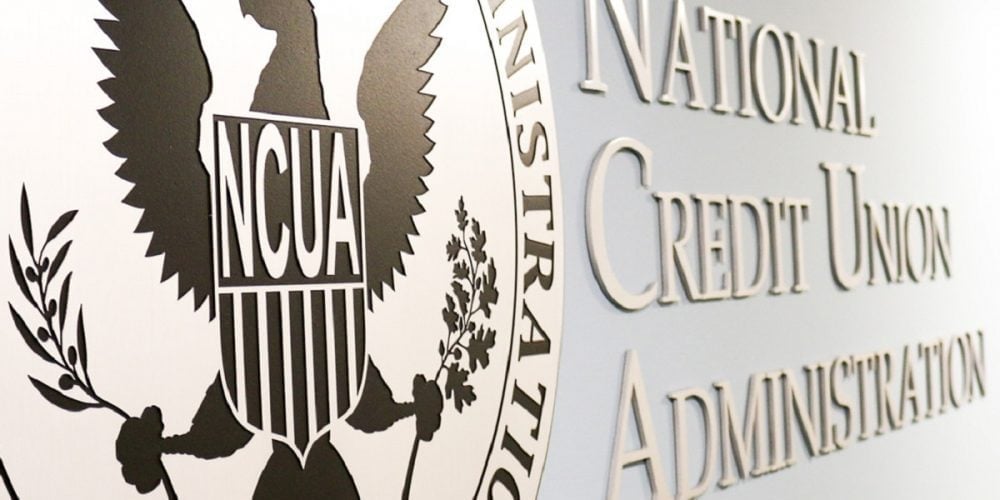 by: Christopher Morris, Director of Communications, National Credit Union Foundation
by: Christopher Morris, Director of Communications, National Credit Union Foundation
Want to make a big impact not only in the lives of your members but your community? One of the many things that set credit unions apart from the competition is their community outreach efforts, particularly with regards to financial education. Whether it be classroom seminars, financial counseling, experiential learning events such as Reality Fairs, and so on, credit unions exist to serve their members and diverse financial education is a key component for membership success.
Not only is financial education part of the credit union philosophy, but it’s part of the seven cooperative principles that are the foundation of every credit union. It also helps build relationships for life. As an active contributor to Washington’s financial literacy efforts, Horizon Credit Union’s Josh Allison states, “Financial literacy doesn’t just build awareness for the credit union brand, it builds trust as well.”
And the education is sorely needed. According to a financial literacy survey of adults last year from the National Foundation for Credit Counseling, Inc., about 3 in 4 U.S. adults (76%) agree that they could benefit from some advice and answers to everyday financial questions from a professional.
This is where credit unions come in. The National Credit Union Foundation (where I work) just published the first comprehensive report on the impact of credit unions’ financial education programs. “Credit Unions: Focused on Financial Capability Across the Nation” is the result of almost a year-long data collection by the Foundation with the help of state credit union leagues.
One of my favorite sections in the free online report is the section on “Keys to Program Success,” detailing what works. Here are some highlights on what we’ve found in our research and I hope it helps you in your efforts:
- Integrate financial education into every available touch point - By inserting short informational messages with the materials that generally accompany financial transactions and inquiries, credit unions can utilize every member touch point to develop financially-capable consumers.
- Utilize partnerships - Establishing and nurturing partnerships with schools, employers, churches, and community organizations is key to the majority of successful credit union education programs. Note that “partners” are not simply providers or suppliers of educational materials and content. Rather, partners are often able to identify and invite or refer appropriate participants for specific types of financial education/counseling.
- Provide specialized tools/content for selected market segments – The more you tailor your educational offerings to your audience, the higher the rate of success. Also, don’t forget to tailor some education to your employees too. That’s just good business.
- Provide multiple and varied types of educational tools/products/programs – It’s all about breadth and depth. We’ve found that credit unions provide an average of 4.1 different types of financial education/counseling interventions to members/consumers. For example, an “average” credit union might have a certified financial counselor on staff, along with a student-run branch in the local high school, classroom education for students, and an online resource center located on its website.
- Require or strongly suggest that members complete financial education/counseling in conjunction with product/service ownership – It makes sense to provide education at the relevant times right? We’ve seen that credit unions are most likely to require financial education or counseling before granting a loan workout plan, in cases of excessive NSFs or overdrafts, prior to closing certain types of loans, in cases of habitually delinquent accounts, and as a prerequisite to certain loan accounts.
- Align program content with nationally-developed core competencies - In 2010, the U.S. Treasury Department’s Financial Literacy and Education Commission (FLEC) drafted a set of Financial Education Core Competencies that consumers should know and be able to accomplish in order to successfully understand and make informed decisions about their personal finances. The competencies are still being finalized, but it’s one example of a great resource for your education efforts to aspire to. Already between 19 and 24 million credit union members each have access to education and/or counseling that deals with the five FLEC Concept areas.
- Allocate and/or secure sufficient resources – Many credit unions do this in a number of ways through grant funding, annual budgeting, and devoting staff or subcontract to their education efforts. In fact, we’ve found from our research that credit unions allocated 2,500 full-time equivalent staff (FTEs) to member financial education/counseling during 2010, for a total estimated salary and benefit expense of $130 million.
For more information, you can download the report here.
Again, don’t underestimate how critical your financial education efforts are for youth, credit union members and the success of this country. The National Youth Involvement Board (NYIB) summed it up wonderfully in a tweet recently, “Sending our teens into the world without financial education is like putting them behind the wheel of a car at 15 without drivers ed.”
Christopher Morris is currently the Director of Communications for the National Credit Union Foundation, which is widely recognized as the national charitable arm of America's credit union movement under the mission of “making financial freedom achievable through credit unions.” Previously, he was Communications & Web Resources Manager for the CUNA Councils, a national organization for credit union professionals. www.www.ncuf.coop
Christopher blogs on a number of industry sites, is an editor at CUwatercooler.com and was a member of Filene Research Institute’s 30 under 30 group. Before entering the credit union system, Christopher was a high school English teacher and is a veteran of the United States Army.
When he is not working, Christopher is playing and writing music as 1/2 of The Disclosures, an acoustic "thrift-rock" music group from the land of credit unions. Their first album, “(Hey, We’re) The Disclosures” was released in March, 2011.






